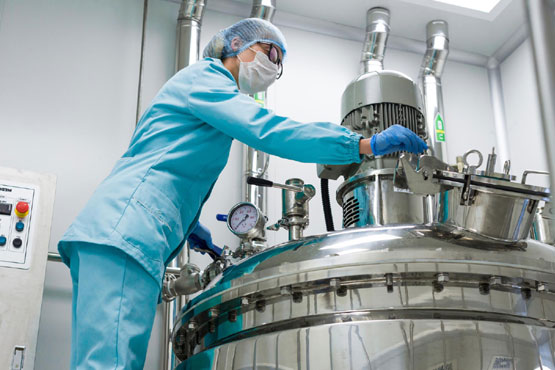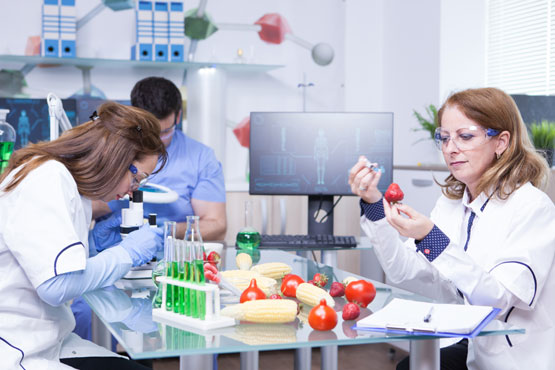In the culinary scene of our cosmopolitan landscape, where each dish is a masterpiece and gastronomic excellence is ingrained in the city's culture, the Food and Beverage (F&B) industry stands as a dynamic tapestry of flavors. It continually evolves to cater to the diverse palates of residents and visitors alike.
To truly excel, F&B establishments must embrace innovation and venture into the digital realm. We understand that in a place where innovation is valued, standard marketing approaches fall short. We're here to guide F&B companies through the ever-changing landscape of digital marketing, crafting methods that not only showcase their culinary prowess but also resonate with a wider audience. Our aim is to leave a lasting digital impression in the minds of consumers.
In today's technology-driven era, success in the F&B industry goes beyond serving delicious flavors. It involves strategically introducing these flavors to an audience that embraces technology.

